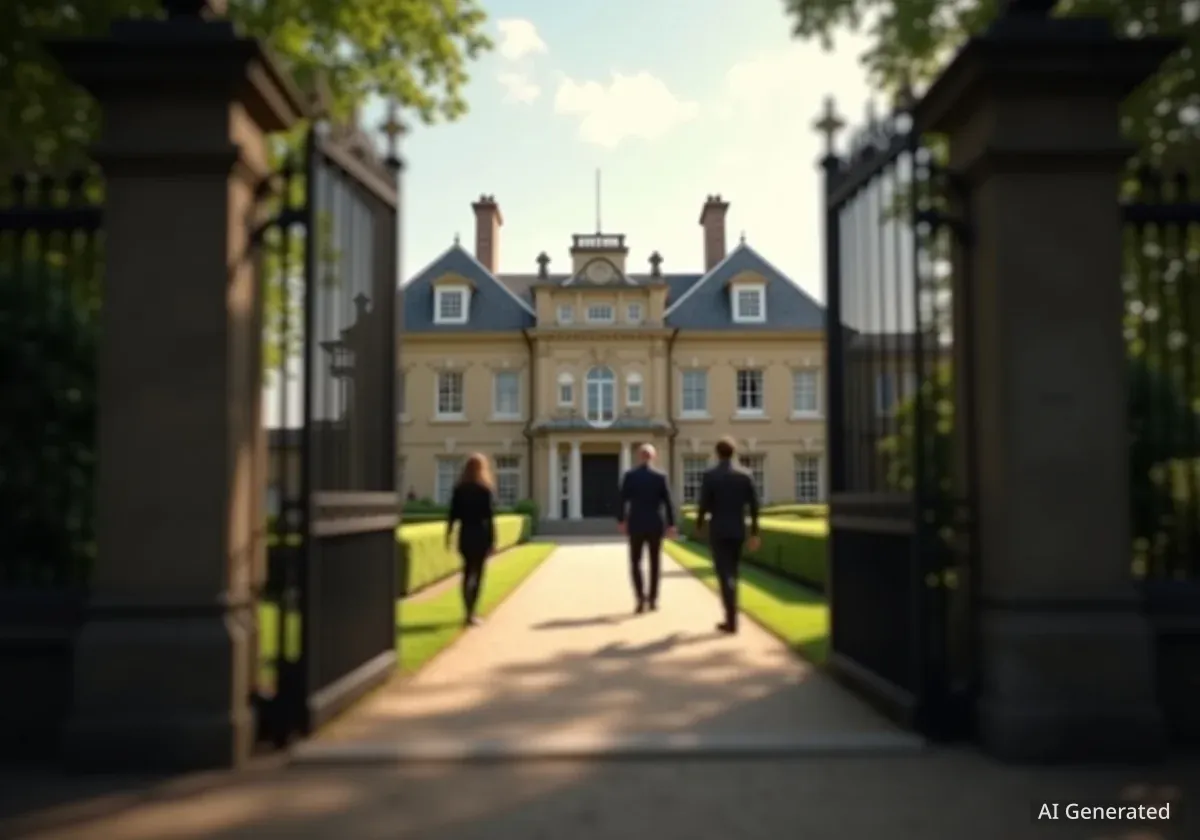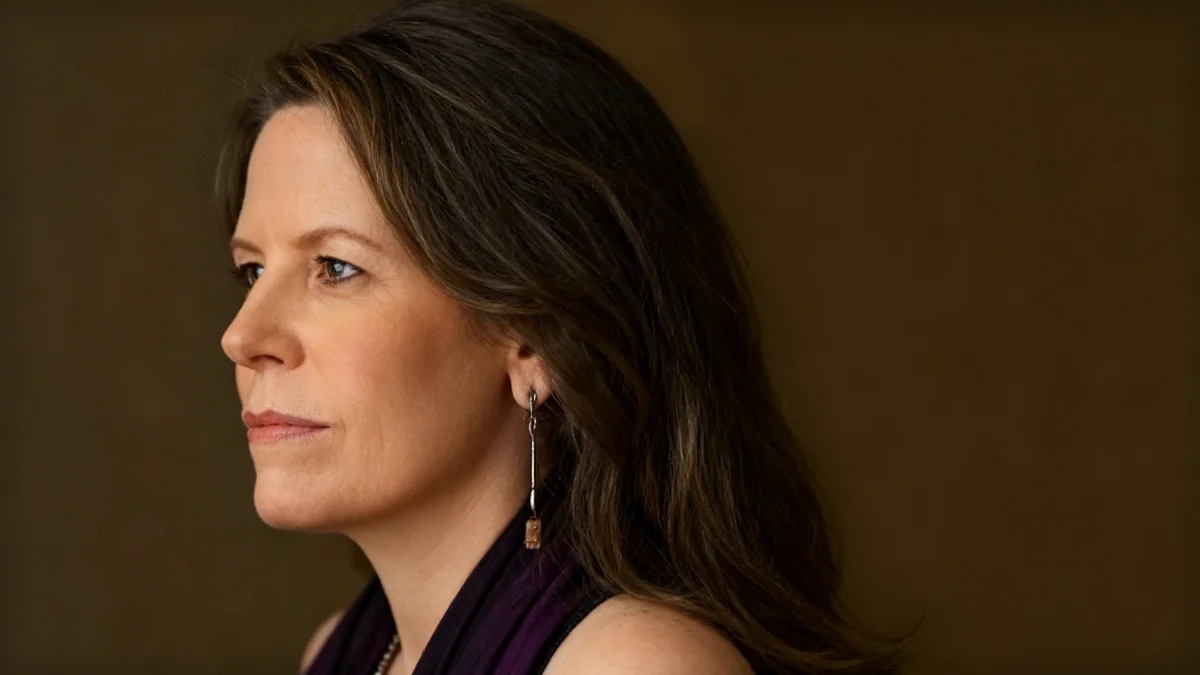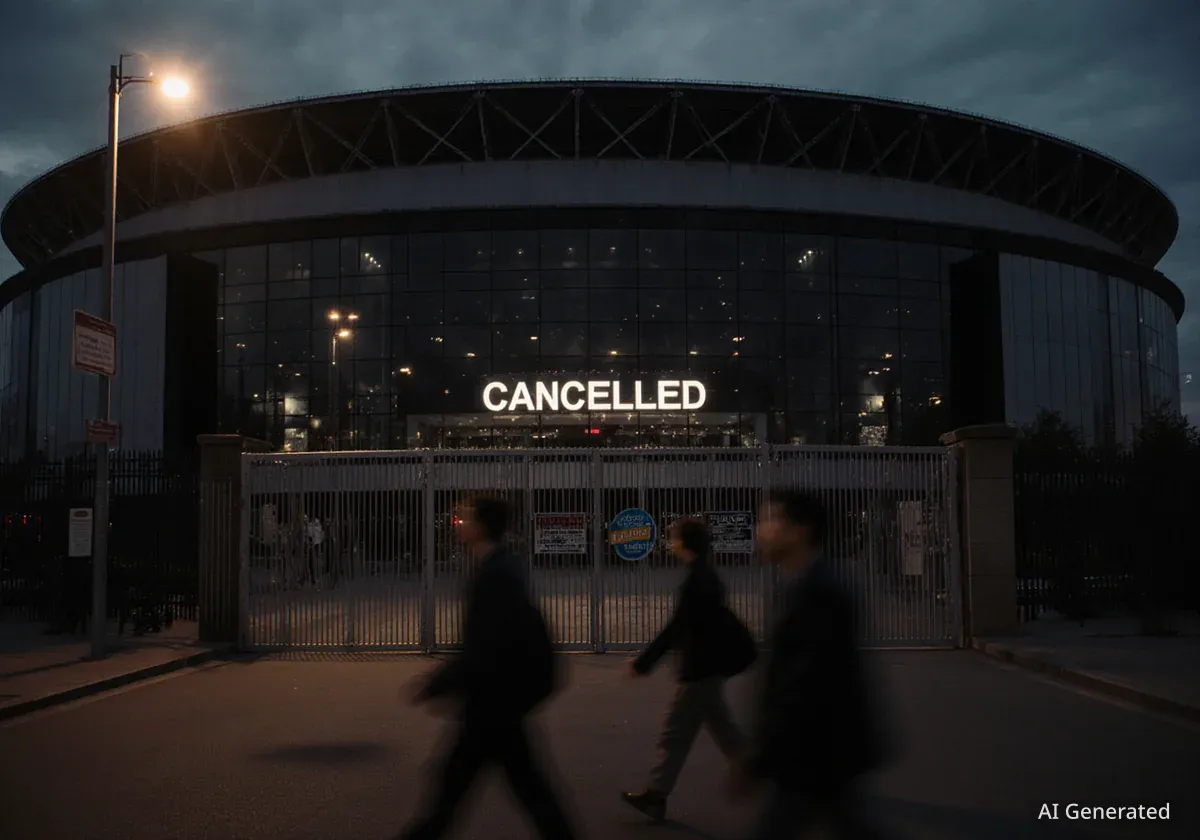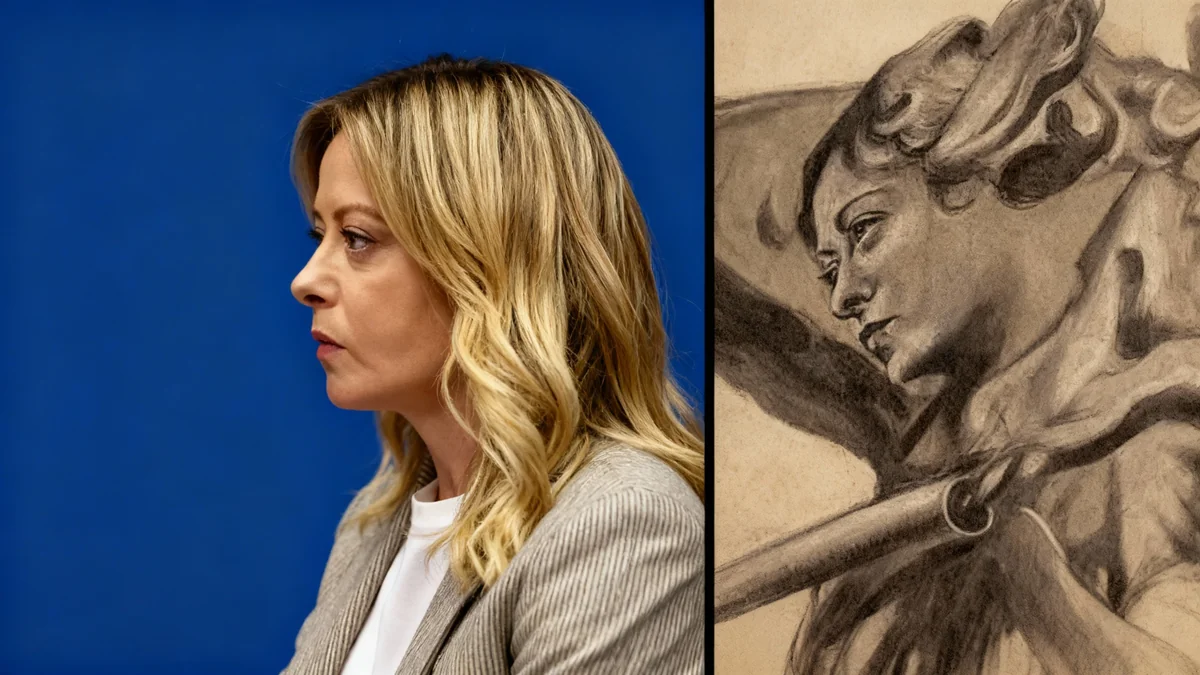Priscilla Presley recently stated that maintaining Graceland within the family is her greatest achievement. She emphasized her determination to keep Elvis Presley's iconic home from being sold, despite facing significant pressure to do so after his father, Vernon Presley, passed away. This decision, made decades ago, transformed the estate into a major public attraction.
Key Takeaways
- Priscilla Presley considers preserving Graceland her proudest accomplishment.
- She resisted calls to sell the property after Elvis's father, Vernon, died.
- Graceland opened to the public in 1982 and remains unchanged from Elvis's time.
- The estate is the second most visited home in the United States.
The Decision to Save Graceland
During a discussion at 92Y in New York City on September 24, Priscilla Presley, now 80, reflected on her life and career. She spoke about the challenges and triumphs detailed in her memoir, Softly as I Leave You: Life After Elvis. A central theme of her conversation was her commitment to Graceland.
Priscilla explained that she inherited the responsibility for Graceland from Elvis’s father, Vernon, after his death. At that time, the estate was not generating any income. She faced a steep learning curve in managing the property and its finances.
"When I was told, I was handed [it] through Vernon [Elvis's father], to now take over, when he died. And which he did, and I had meetings with lawyers, with those who handled the money. I had to learn really quickly how to do all of this, and do it right," Priscilla stated.
She recalled that many people advised her to sell the property. They believed it would never succeed as a public attraction. However, Priscilla remained firm in her conviction. She saw a different future for the home.
Taking a Chance on the Estate
Priscilla Presley recognized the historical and cultural significance of Graceland. She felt a strong desire to keep it as a tribute to Elvis. This vision required courage, especially when financial prospects seemed uncertain.
"I took a chance of people telling me, 'You'll never get anywhere. Why don't you just sell it?' And I said, 'I'll never be selling it,'" she recounted.
Graceland Fact
Elvis Presley lived at Graceland from 1957 until his death in 1977. The estate holds deep personal and historical value.
Her resolve led her to seek professional guidance. She reached out to Morgan Maxfield, a businessman known for developing gas stations near freeway exits. Priscilla connected with Maxfield through a mutual friend, asking him to come to Memphis to assist with her plans for Graceland.
Preparing for Public Opening
Priscilla's goal was clear: to open Graceland to the public. She wanted fans to experience the home as Elvis had left it. She shared her intentions with Maxfield, who questioned her decision not to sell.
"I heard about the things that you've done, and all of which you've done, and what you made of what you've done. I need help with Graceland," she recalled telling him. "And he goes, 'What do you want to do?' I said, 'I want to open it up, so people can come in and see what Graceland was.' And so he said, 'Okay, so you don't want to sell it?'"
Her response was unequivocal. "No way I want to sell it. No, I'm not selling Graceland at all. That's out of the picture," Priscilla affirmed.
Historical Context
Morgan Maxfield played a crucial role in the early planning stages for Graceland's public opening. Tragically, he died in a plane crash in 1981, just before the estate was set to welcome visitors.
Despite Maxfield's untimely death, Priscilla's efforts moved forward. Graceland officially opened its doors to the public in 1982, five years after Elvis's passing.
Graceland's Lasting Legacy
Today, Graceland stands as a testament to Priscilla Presley's dedication. It is the second most visited home in the United States, surpassed only by the White House. The estate draws over 600,000 visitors annually, a significant number for a private residence.
One of the key aspects of Graceland's appeal is its authenticity. Priscilla ensured that the home remained exactly as Elvis had lived in it. This commitment to preservation offers visitors a genuine glimpse into his life.
"Graceland is exactly the same as it was when Elvis lived there and nothing has been moved. The dining room is the same. All of the rooms are the same. We wouldn't change anything," Priscilla explained.
This careful preservation allows visitors to connect with Elvis's personal history. The experience is designed to be immersive, showing his life and tastes without alteration. It has become a cherished pilgrimage site for fans worldwide.
A Place of Remembrance
Beyond its status as a tourist attraction, Graceland serves as a significant memorial. It is the final resting place for several members of the Presley family.
- Elvis Presley
- His parents, Vernon and Gladys Presley
- His paternal grandmother, Minnie Mae Presley
- His daughter, Lisa Marie Presley
- His grandson, Benjamin Keough
The estate's role as a family burial ground adds to its profound importance. It reinforces Priscilla's commitment to keeping Graceland within the family. Her memoir, Softly as I Leave You: Life After Elvis, provides further insights into these personal and professional journeys. The book is currently available for purchase at various retailers.
Priscilla Presley's decision to preserve Graceland has had a lasting impact. It transformed a private residence into a thriving historical landmark and a beloved destination for millions of fans.




